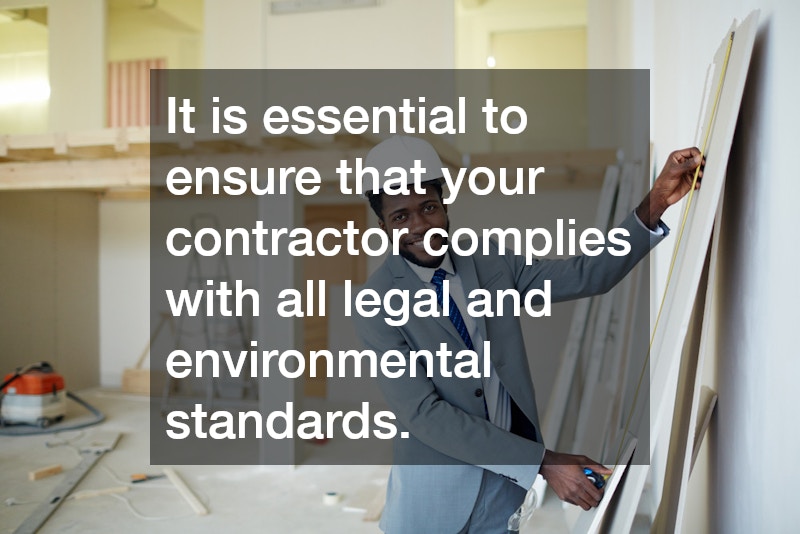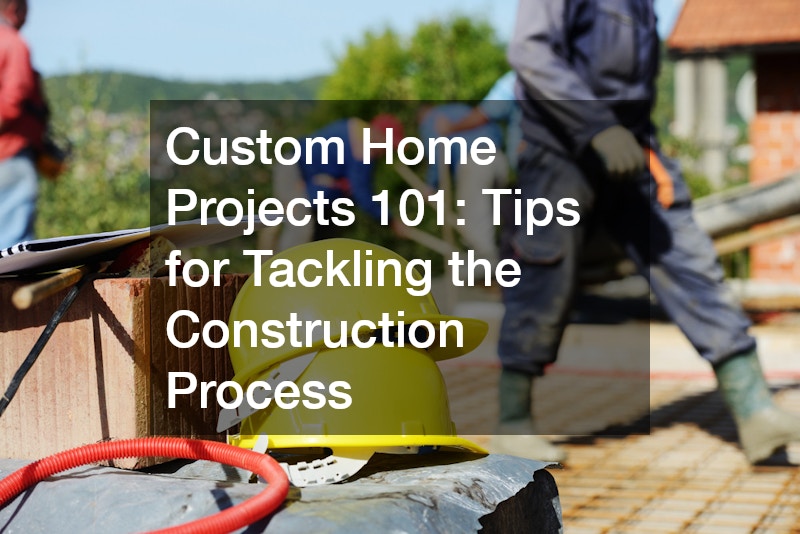When choosing a home building contractor, it’s critical to understand their experience and credentials. One key question to ask is how many years they have been in the home building industry.
This question helps you determine if they have the requisite experience to handle unexpected challenges.
Another important aspect is to inquire about their licensing and certifications. A legitimate home building contractor should be able to provide documentation proving they meet state and local licensing requirements. Certifications from reputable industry associations can also attest to their expertise and commitment to quality.
Lastly, ask about their past projects and request references. Speaking with previous clients provides firsthand insights into the contractor’s reliability and quality of work. Moreover, visiting completed projects can help you assess their craftsmanship.
The Contractor’s Approach to Project Management
Understanding a contractor’s project management style is vital to ensuring a smooth building process. Inquire about their communication methods and frequency of updates. Regular communication helps to keep you informed and confident about the project’s progress.
Ask how they handle project deadlines and manage delays. Effective contractors should have strategies in place to keep projects on track and minimize the impact of unforeseen setbacks. Knowing this can help you manage expectations and avoid frustration down the line.
Additionally, discuss how they prioritize tasks and allocate resources. Efficient resource management is crucial to a project’s success. Their ability to balance labor, materials, and time reflects their organizational skills and dedication to project completion.
Clarifying Costs and Payment Schedules
Before signing a contract, clarity on costs and payment schedules is essential. Ask for a detailed breakdown of estimated costs, including materials, labor, and any additional expenses. This transparency helps avoid unexpected financial surprises during the build.
Discuss the payment schedule and what milestones trigger each payment. Payment schedules linked to project milestones help ensure that work progresses as planned. Make sure that these parameters are clearly outlined in the contract to protect both parties.
It’s also prudent to inquire about their policy on cost overruns. Understanding how they will handle unexpected expenses will provide peace of mind. Agreeing in advance on how to manage changes in project scope or materials can prevent future conflicts.
Evaluating Warranty and Post-Construction Services
Understanding the warranty and post-construction services offered is a crucial aspect of contracting a home builder. Inquire about the types and lengths of warranties they provide. A good home building contractor will offer warranties covering both structural and non-structural elements of your new home.
Discuss what is included in their post-construction services. This might entail follow-up inspections or maintenance services to ensure the house remains in good condition. Having these services in place fosters a sense of security and reliability.
Lastly, ask how they handle repairs and customer service inquiries post-construction. Efficient and timely responses to these issues reflect their commitment to customer satisfaction. Knowing that your contractor is accessible for future needs can significantly impact your overall experience.
Ensuring Compliance with Legal and Environmental Standards
It is essential to ensure that your contractor complies with all legal and environmental standards. Ask how they stay updated on local building codes and regulations. A home building contractor that prioritizes compliance is less likely to encounter legal troubles during the construction process.
Inquire about their approach to sustainable building practices. Understanding their stance on environmentally-friendly construction can align with your personal values and impact future energy savings. Contractors with experience in green building techniques can provide valuable insights into eco-friendly materials and designs.
Confirm that they have appropriate insurance coverage, including liability and workers’ compensation. This protects you from potential legal issues if accidents occur on-site. Verification of insurance is a necessary step in safeguarding your interests during the building project.




